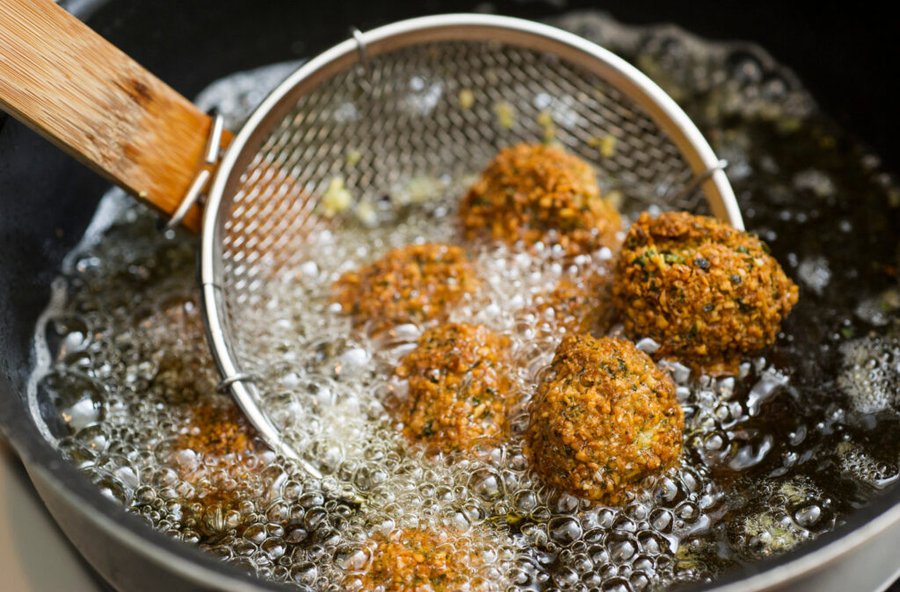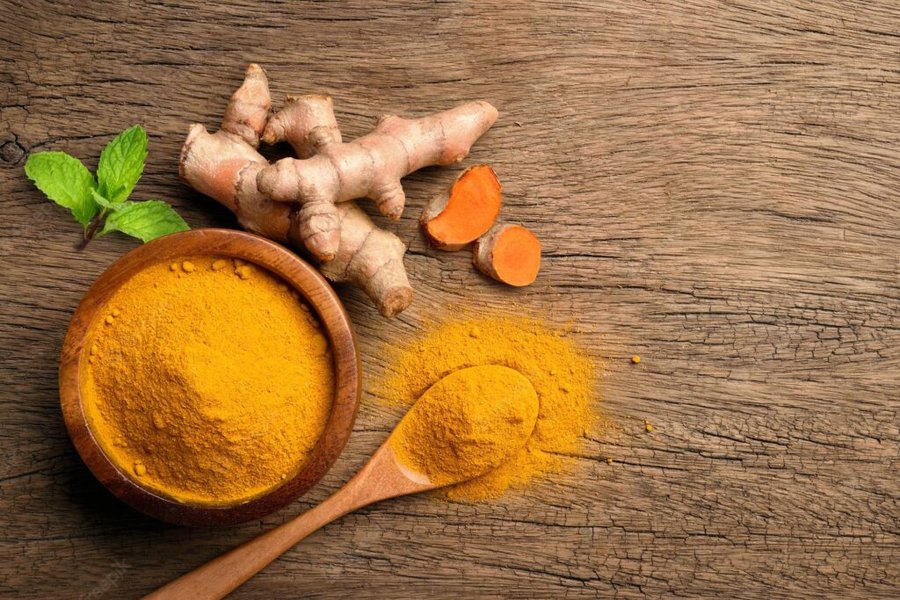George Bernard Shaw wrote in his four-act play ‘Man and Superman’ that “There is no love sincerer than the love of food.” Everyone reading this, would agree that food is love. A love that can sway our mood from sad to happy in the first bite itself. Food brings people together, helps understand other cultures, and also gives way to innumerable conversations. Such is the power of food.
If we observe closely, food is a memory too. A memory of tasting something new and different. A memory that only you and your sibling have because you sneaked out that night and had ice cream. A memory of trying out a new recipe of yours and maybe failing in it. A memory of your grandmother feeding you her signature recipe. A memory of you throwing a treat to your dear and near ones after you got placed. A memory of having the popcorn you had while binge-watching your favourite show. The list goes on. Such is the place food holds in every one of our lives.
Also Read: Monsoon Travel Guide: Follow these tips and make your monsoon travel fun
Monsoon is considered to be the best season in India. And as many parts of the country are experiencing the beautiful monsoon, imagine the impact having the ‘perfect food’ for the season can bring to your life. Going after the ‘perfect food’ might be difficult but what you must remember is to try eating healthy. Because a balanced diet not only keeps your body healthy but also rejuvenates you from within. But how to go healthy during monsoon when the favourite pick would be a cup of tea and a crispy snack, right? Do not worry, Samachar live brings to you a list of foods you should avoid and include in your diet during monsoon.
- Avoid eating leafy vegetables which are not properly washed. A study in Applied Environmental Microbiology in 2015 has revealed that green leafy vegetables are the most susceptible to accommodating a variety of bacteria and fungi. It is very important that these vegetables are washed or run through water properly before use and cooked in high flame before eating.

- Ever felt indigestion, diarrhoea, and other issues after having your favourite pakora on that rainy evening? If the answer is yes, ask yourself if you had fried it in an already once-used oil. Do not do that, especially during the monsoon because studies say that the more you have fried snacks during the rainy season, the chances of getting indigestion are more. Of course, one can definitely have it, but take care of the proportion you eat.

- Studies say that it is during the monsoon season when the fish and seafood breed. And it is best to refrain from consuming these foods during the monsoon season months. Along with that, there are risks of waterborne diseases and high chances of food poisoning. Keeping this in mind, avoid having meat and seafood as they could be carriers of infection.
Also Read: Six songs to set your monsoon month vibe

- A constant reminder one would have during the monsoon months on their phones is to drink water. Maybe even after multiple reminders, we might forget to drink water or any kind of fluids. Intake of an appropriate proportion of water or fluid is necessary during this season. Ensure to drink safe, potable water, and fresh juices. This will not only keep your body rehydrated by also will boost your immune system.

- Having fruits and vegetables is something that one should include in their diet. There are some seasonal fruits one could have during these months like plums, cherries, peaches, pomegranates, lychees, pears etc. Basically, include fruits which are high in vitamin A and C, and have fibre. Seasonal vegetables of monsoon are bitter gourd, ridge gourd, Indian squash and pointed gourd.
Also Read: Pride Month: Eight LGBTQ personalities who rose to success and stardom

- Turmeric is one vital spice we all must include in our monsoon diet along with ginger. These are said to have antiseptic, anti-inflammatory and immune-boosting properties. Both these can be consumed with your daily homemade food and are easily available as well.

Featured Image Source: MediFlam




